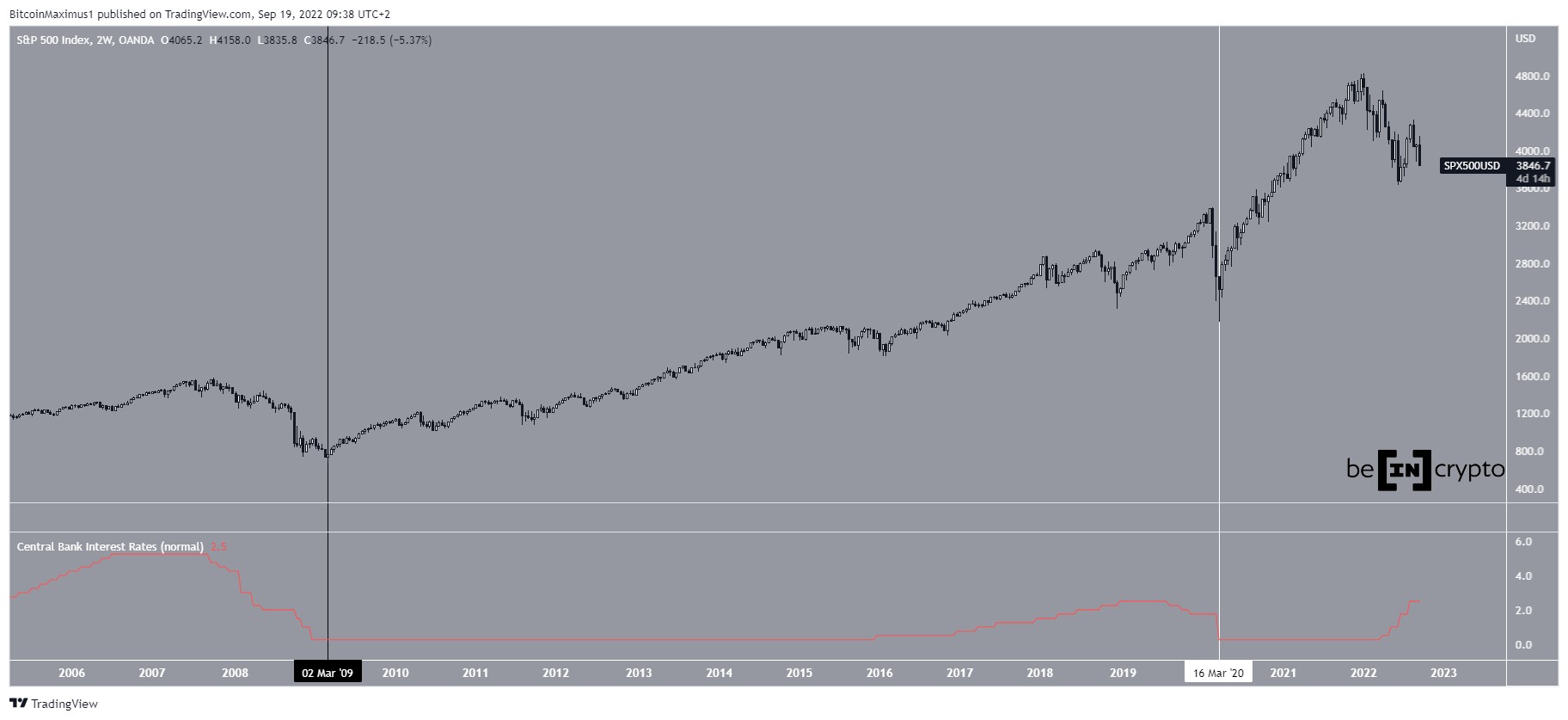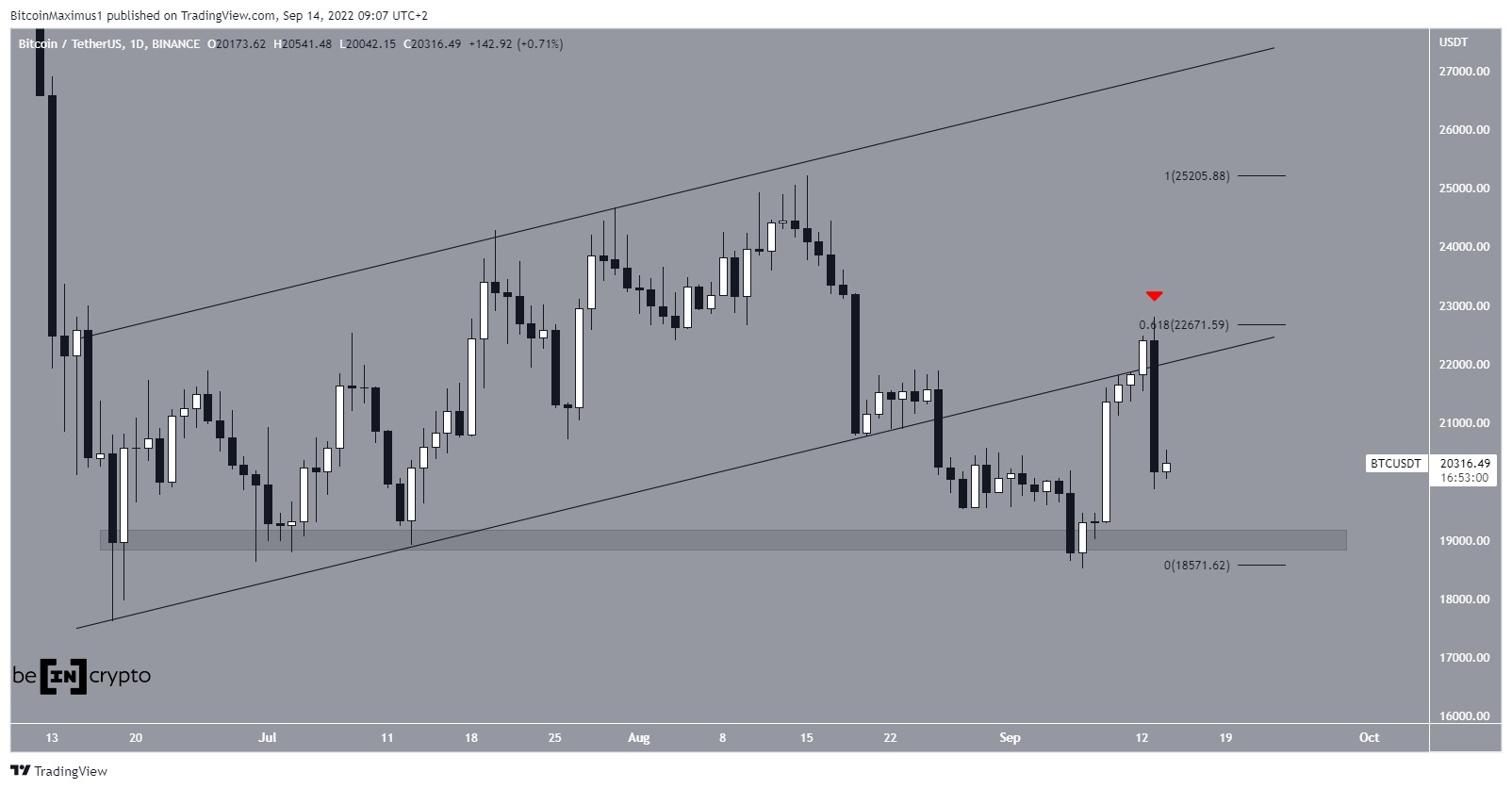2021-1-13 22:28 |
German-born Stefan Thomas, a former Ripple Labs executive, has almost certainly lost over 7,002 bitcoin (BTC), worth well over $220 million.
The programmer, who lives in San Francisco, stays up at night worrying, despite the XRP tokens he was given in 2012 of unknown value.
Keeping You Up at NightThe parent inside might scream, “Keep a hard copy of everything!” but few regret not heeding this call as much as Stefan. Mr. Thomas, who had the private keys to his Bitcoin wallet locked in an IronKey hard drive, cannot remember the password, according to The New York Times.
The special IronKey external drive is password protected and automatically locks out the user after ten attempts, encrypting the data held inside forever. Mr. Thomas has used eight attempts (with his most common passwords) and only has two left.
Stefan Thomas has two guesses left to figure out a password that is worth about $220 million. He is one of the many people who are locked out of their Bitcoin fortunes, with an estimated $140 billion in lost or otherwise stranded digital wallets.https://t.co/thdHaixBq8
— The New York Times (@nytimes) January 12, 2021Unfortunately, the programmer, who now lives in California, lost the piece of paper he had his passwords written on.
While he respects the technology, the knowledge that he owns hundreds of millions of dollars worth of currency, he can never touch often eats at him. He said he’ll hatch a plan to spring his Bitcoin free, only to become even more disappointed once he realizes it won’t work.
This experience has soured the idea of a person becoming their own bank, as was the “original” vision in the original Satoshi Nakamoto whitepaper.
“This whole idea of being your own bank — let me put it this way, do you make your own shoes?” Thomas said.
“The reason we have banks is that we don’t want to deal with all those things that banks do.”
Alternative Bitcoin CustodiansYet, there are still some middle-ground solutions. Some outsource to insured custodians like BitGo. Others put their private keys in opaque folders, spread across safe deposit boxes, further spread across an entire country (as the Winklevoss twins did as famously described in the book Bitcoin Billionaires).
Still, a large number of people who want password-accessible bitcoin rely on exchanges. However, exchanges are at risk of hacking, most infamously Mt.Gox. Barring some kind of futuristic quantum-computer, an offline, cold storage wallet is almost impossible to hack.
A Common Bitcoin StoryBut Stefan Thomas is not alone.
It is believed that 20% of the bitcoin in existence today is inaccessible. Either the private keys have been lost forever, or they are in wallets that have never been touched and may, in fact, belong to Satoshi Nakamoto himself.
Another such case is that of Gabriel Abed, an entrepreneur from Barbados. Mr. Abed lost about 800 Bitcoins when a colleague reformatted a computer that held his private keys.
Luckily for him, that was only a small fraction of the bitcoin he owned, and he recently purchased a $25 million oceanfront property.
In the end, Thomas admits he has been lucky. He did hold on to enough bitcoin to give him more money than he knows what to do with.
He now runs the startup Coil, which is working with the Bill and Melinda Gates Foundation.
As for the IronKey hard drive, it’s locked away in a secure facility. And Thomas won’t say where.
The post Former Ripple Exec Loses Keys to $220 Million in Bitcoin appeared first on BeInCrypto.
origin »Bitcoin price in Telegram @btc_price_every_hour
UpToken (UP) íà Currencies.ru
|
|

